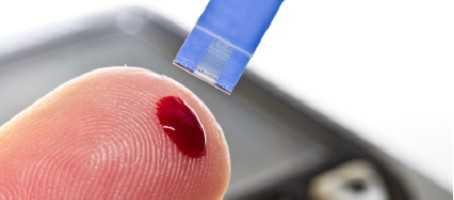A new study has offered more clues as to how gastric bypass surgery can reverse and effectively ‘cure’ type 2 diabetes.
According to scientists at The University of Manchester, recent research showed that type 2 diabetes was put into remission in more than 80% of obese diabetic patients who underwent a gastric bypass – an irreversible weight loss procedure that restricts the amount of food that can be taken in by shutting off the main part of the stomach.
To understand the mechanisms behind this positive effect, Dr Craig Smith, a senior lecturer in Molecular Cell Physiology, and colleagues conducted a study which highlighted the actions of specialised cells in the intestine that release a powerful cocktail of up to six hormones when we eat.
The team said they found that gut hormone cells previously thought to have just one hormone, actually contained up to six hormones including the hunger hormone ghrelin.
“Our research centred on enteroendocrine cells that ‘taste’ what we eat and in response release a cocktail of hormones that communicate with the pancreas, to control insulin release to the brain, to convey the sense of being full, and to optimize and maximize digestion and absorption of nutrients,” Dr Smith explained.
“Under normal circumstances these are all important factors in keeping us healthy and nourished. But these cells may malfunction and result in under or over eating.
“This is where things start to get really interesting because the most common type of gastric bypass actually also bypasses a proportion of the gut hormone cells. It is thought that this causes the gut hormone cells to change and be reprogrammed.”
He said the next challenge is understanding “the messages the gut sends out when we eat food and when things go wrong, as is the case in diabetes”, adding that such a breakthrough could lead to the development of drugs which could be used instead of surgery to combat both obesity and type 2 diabetes.
Published in the journal Endocrinology, the study findings coincide with calls from the National Institute of Health and Care Excellence (NICE) to make gastric bypass and other forms of bariatric surgery available to more obese diabetes patients on the NHS.
What's new on the forum? ⭐️
Get our free newsletters
Stay up to date with the latest news, research and breakthroughs.






